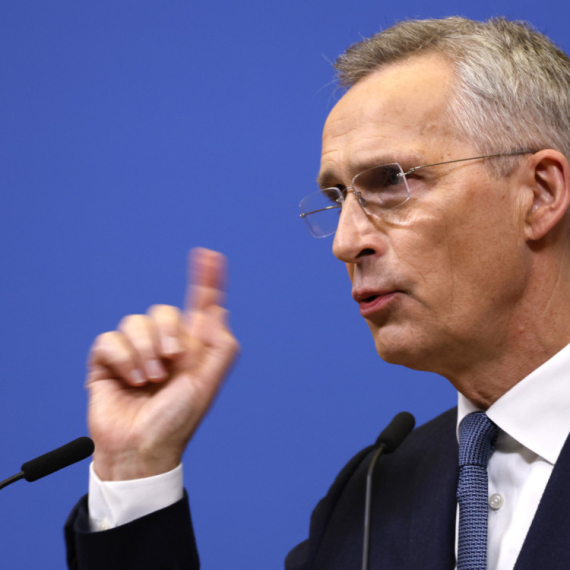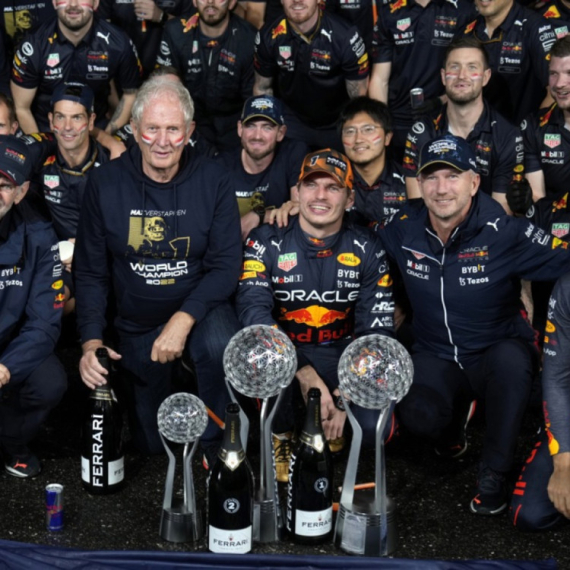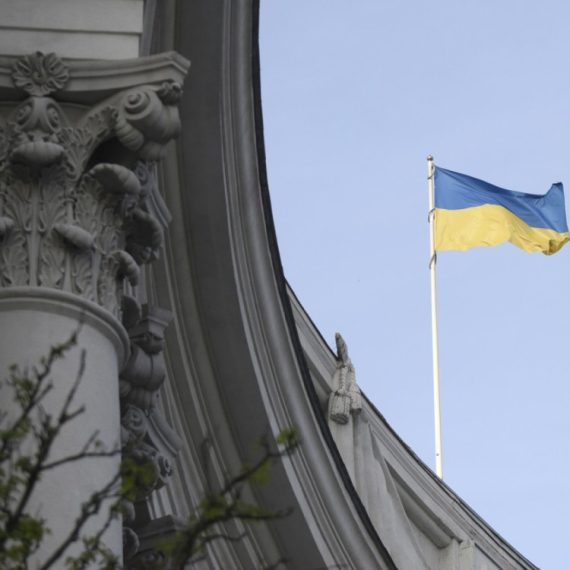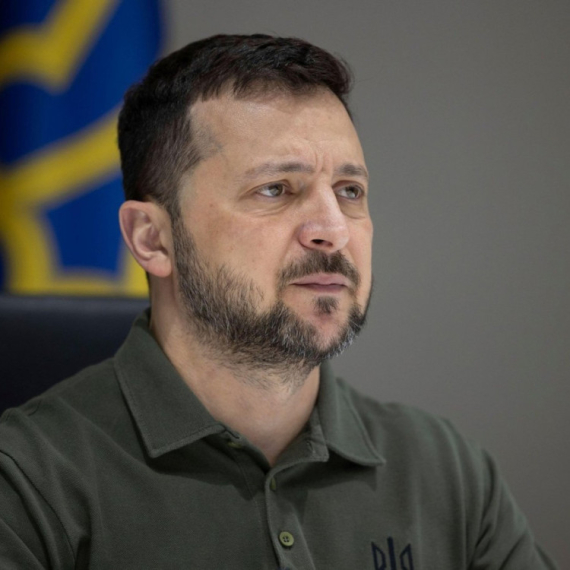Recognition of Kosovo “won’t be EU condition”
Mikulaš Dzurinda, advisor to the Serbian deputy PM for EU integration, believes that no one will ask Serbia to recognize Kosovo as an EU accession condition.
Wednesday, 21.11.2012.
16:39

BELGRADE Mikulas Dzurinda, advisor to the Serbian deputy PM for EU integration, believes that no one will ask Serbia to recognize Kosovo as an EU accession condition. “I do not believe that there is a single smart, normal and responsible politician in the EU who would ask from Serbia to recognize Kosovo as an EU accession condition,” Dzurinda said on Wednesday in the talks with students of the Faculty of Political Science in Belgrade. Recognition of Kosovo “won’t be EU condition” He underlined that he supported normalization of the Belgrade-Pristina relations, adding that the unilateral declaration of Kosovo's independence was a precedent which could not be good either for Europe or the rest of the world. Dzurinda, who served as a Slovak prime minister in two mandates and later as a foreign minister, pointed to the case of peaceful dissolution of the former Czechoslovakia into the Czech Republic and Slovakia, stressing the importance of an agreement between the two sides. “It is not good when a group of people at the ethnic level decides to declare a state,” Dzurinda said, wondering what could happen with Azerbaijan or Catalonia following the Kosovo precedent. Slovakia is one of the five EU countries that do not recognize Kosovo. Mikulas Dzurinda (Tanjug, file) Main goal is to get EU talks date, deputy PM says Serbia’s Deputy Prime Minister for EU Integration Suzana Grubjesic stated Wednesday that one of Serbia's main goals was to get a date for the beginning of negotiations with the EU. “Internal reforms are key in the process of EU integration, if we exclude big political issues,” she added. “This and the future governments should also focus on the economy, the rule of law, creation of an independent and efficient judiciary, democratization of the society and the fight against organized crime and corruption,” Grubjesic explained. She said that Serbia should do its best to solve its problems but that the EU could help in the process. “If we are not able to work on our internal reforms, then we are doomed,” the deputy PM stressed. She pointed out that Serbia was under scrutiny after obtaining the candidate status and that it would not be able to join the EU unprepared. The deputy prime minister also said she did not want a “bluff for bluff” policy to be pursued, in which the EU pretended to be willing to receive new members while Serbia pretended that it was implementing reforms, since, as she put, this would be the worst possible scenario. “We got the candidacy this March, unfortunately without a date (for the beginning of the EU accession talks). One without the other can work but it is halting the process and that is why the primary short-term goal is to get a date for the start of the negotiations and begin the negotiations on all 35 chapters just like other countries that went through the process,” Grubjesic explained. Tanjug
Recognition of Kosovo “won’t be EU condition”
He underlined that he supported normalization of the Belgrade-Priština relations, adding that the unilateral declaration of Kosovo's independence was a precedent which could not be good either for Europe or the rest of the world.Dzurinda, who served as a Slovak prime minister in two mandates and later as a foreign minister, pointed to the case of peaceful dissolution of the former Czechoslovakia into the Czech Republic and Slovakia, stressing the importance of an agreement between the two sides.
“It is not good when a group of people at the ethnic level decides to declare a state,” Dzurinda said, wondering what could happen with Azerbaijan or Catalonia following the Kosovo precedent.
Slovakia is one of the five EU countries that do not recognize Kosovo.
Main goal is to get EU talks date, deputy PM says
Serbia’s Deputy Prime Minister for EU Integration Suzana Grubješić stated Wednesday that one of Serbia's main goals was to get a date for the beginning of negotiations with the EU.“Internal reforms are key in the process of EU integration, if we exclude big political issues,” she added.
“This and the future governments should also focus on the economy, the rule of law, creation of an independent and efficient judiciary, democratization of the society and the fight against organized crime and corruption,” Grubješić explained.
She said that Serbia should do its best to solve its problems but that the EU could help in the process.
“If we are not able to work on our internal reforms, then we are doomed,” the deputy PM stressed.
She pointed out that Serbia was under scrutiny after obtaining the candidate status and that it would not be able to join the EU unprepared.
The deputy prime minister also said she did not want a “bluff for bluff” policy to be pursued, in which the EU pretended to be willing to receive new members while Serbia pretended that it was implementing reforms, since, as she put, this would be the worst possible scenario.
“We got the candidacy this March, unfortunately without a date (for the beginning of the EU accession talks). One without the other can work but it is halting the process and that is why the primary short-term goal is to get a date for the start of the negotiations and begin the negotiations on all 35 chapters just like other countries that went through the process,” Grubješić explained.


























































Komentari 5
Pogledaj komentare